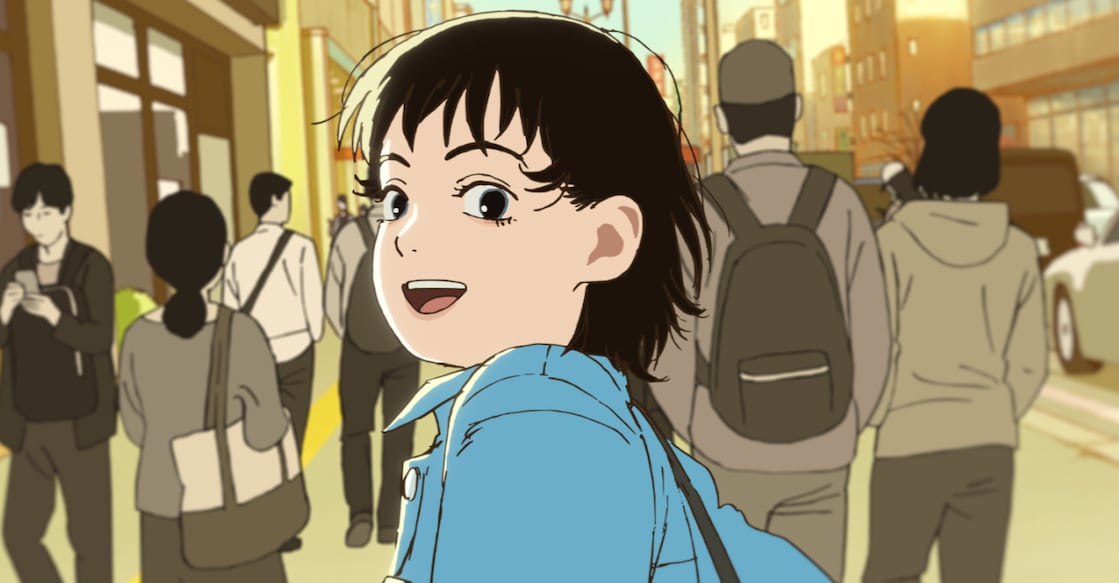'Look Back': Ode to joyous pleasure of imagination and creativity | Movie Review

Mail This Article
Based on the manga by Tatsuki Fujimoto (creator of Chainsaw Man), Look Back is among the most heartbreakingly charming, coming-of-age animation treats to emerge from Japan (or anywhere, really) this year. Shown through the eyes of two teenage manga artists, this 57-minute film is a wonderful ode to the aching pain and the joyous pleasure of imagination and creativity. Look Back, adapted and directed by Kiyotaka Oshiyama, is especially breathtaking in the way it explores the beauty of friendship and the joy of collaborating on something you love.
Ayumu Fujino (voiced by Yuumi Kawai), a talented fourth grader, gets her dose of dopamine through her classmates’ validation of her manga. Her four-panel comic is much admired for its wit and art, boosting up the already confident Fujino. Until, she has to share newspaper space with a non-school attending student, Kyotmoto (voiced by Mizuki Yoshida). Seen side by side, Kyotmoto’s illustrations are much more realistic and “pro-level” as one of their classmate quips. A fierce desire to get better pushes Fujino to begin a two-year journey of back bending, grinding work to improve her drawing. Sketchbooks stack up as Fujino draws away, in and out of school, ignoring friends and family, in an attempt to get as good as her rival, only to eventually quit creating manga, as she sees Kyomoto has become far more accomplished. A chance meeting between the two sparks up a friendship transforming their art, and eventually themselves.

The style and subtlety of Kiyotaka Oshiyama’s Look Back absolutely stand out. With fewer dialogues, a slight drop of the shoulder or the tiny reduction of pupils conveys far more emotion and thoughts of the characters. When tragedy eventually strikes in the story, the vibrancy of the images becomes dull. Light gradually fades, dark and silent, until it blasts right back—taking us all on a roller coaster of highly emotional visual imagery.

The music by Haruka Nakamura (and its silences!) matches the scenes, transporting us into the moment. There are long sequences of the girls working at their desks—their bent backs a picture of concentration. But with each frame and note, as day turns to night and seasons fly by, Nakamura’s music allows us a generous peek into the world of the hardworking duo, dominated by routine and rigor.
The names of the characters, Fujino and Kyomoto, are obviously a split and mash of the writer Fujimoto’s name, but their drawing styles – one focussed on the realistic details, the other on the ideas, offer an interesting contrast to an artist’s dilemma about art choices. Look Back juxtaposes the artistic styles of both its characters gorgeously. Fujino’s initial amateurish but funny drawings break out into life, Kyomoto’s backgrounds are incredibly detailed, while memory and alternate futures blow up into full manga, complete with sound effects, over time.
Look Back is definitely one of the finest animes of this year. It is tender and heartbreaking yet affirming that art sustains life. The moving answer to its question, “Why do you draw, Fujino?” is something one will look back at for a long time.
(Look Back is directed by Kiyotaka Oshiyama, based on the manga by Tatsuki Fujimoto; Music by Haruka Nakamura. Available on Prime Video from November 8)

